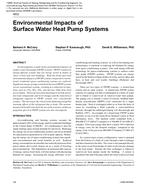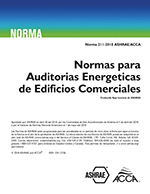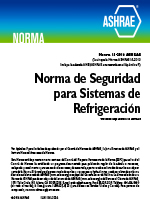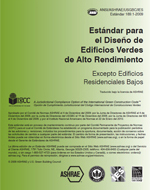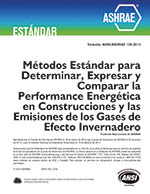Description
An investigation is made of the environmental impacts of surface water heat pump (SWHP) systems. SWHP systems are energy-efficient systems that use energy stored in bodies of water to heat and cool buildings. Both the broad and local environmental impacts of SWHP systems compared to conventional residential space-conditioning systems are explored. Significant energy savings result from the use of SWHP systems versus conventional systems, resulting in a reduction of emissions such as CO2, SO2, NOx, and mercury (Hg) from local power plants. The local environmental impacts include potential water temperature and level changes and the reduction of refrigerant required in SWHP systems over conventional systems. This decreases the risk of ozone depleting and global warming effects of the refrigerant due to leaks. The environmental and health risks from the use of the nontoxic antifreeze propylene glycol in SWHP systems are also investigated.
Units: Dual
Citation: ASHRAE Transactions, vol. 112, pt. 1
Product Details
- Published:
- 2006
- Number of Pages:
- 9
- File Size:
- 1 file , 1.6 MB
- Product Code(s):
- D-28004
